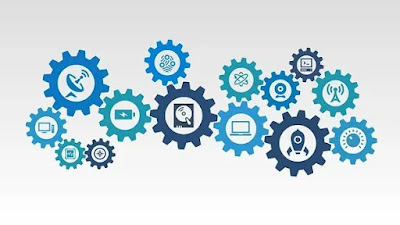If you look up the terms "data scientist" on the internet, you'll probably find a lot of different definitions. Data science is used by a data scientist to address various business challenges and challenges.
When people understood that a data scientist uses data, different mathematical or statistical functions and operations, and other scientific areas and applications to make sense of the data in a database, the name "data scientist" was coined.
Data Scientists' Responsibilities
A data scientist is a person who uses their knowledge of specialized scientific subjects to solve various data challenges.
He uses a variety of mathematical, statistical, and computer science components in his work. He doesn't have to be an expert in any of these disciplines.
He would, however, employ some technologies and solutions in order to come up with the best answers and reach critical conclusions for the organization's development and progress.
When compared to the data accessible in the data set, a data scientist discovers a way to display the data in a useable format. They deal with data that is both organized and unstructured. Let's take a closer look at business intelligence and how it differs from data science.
You've probably heard of business intelligence, and most people mix up data science and business intelligence. We'll look at some of the distinctions between the two to help you understand.
Disparities: Data Science and Business Intelligence are two terms that are often used interchangeably.
Let's have a better understanding of these words before we look at the distinctions between data science and business intelligence.
Business Intelligence:
- An enterprise can gain insight and hindsight in an existing data collection using business intelligence (BI) to explain various trends in the data collection.
- Businesses may use BI to gather data from both internal and external sources, prepare it, and execute queries on it to get the information they need.
- They may then develop the necessary dashboards in order to answer various queries or find answers to various business challenges. Businesses can also use BI to assess specific future events.
Data science:
- Data science, on the other hand, takes a unique approach to data analysis. You can explain any knowledge or insight in the data set using a forward-looking method.
- You may use data science to evaluate current or historical data to forecast results.
- This is one method most businesses try to make well-informed judgments. They may respond to a variety of open-ended queries.


